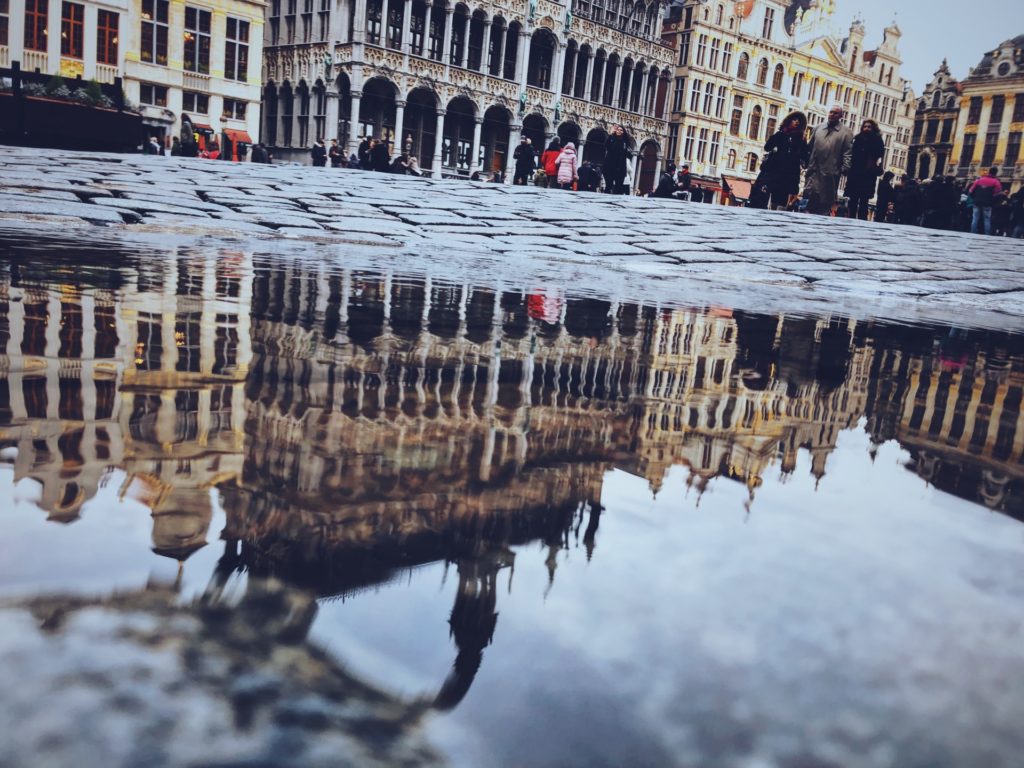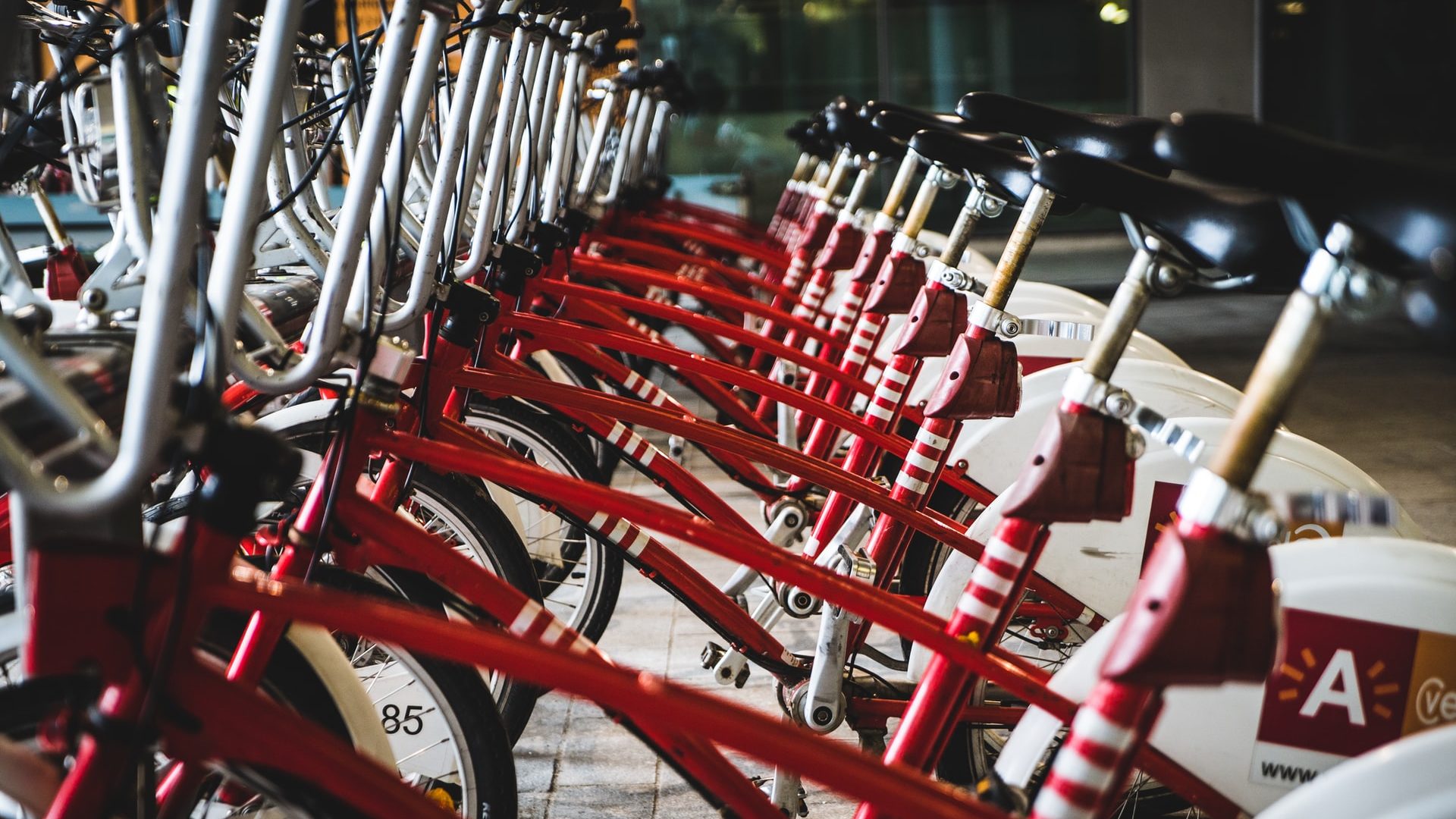
Apply the sharing economy to construction sites, to save huge quantities of water otherwise destined for waste: the idea developed by Yoeri Bellemans, DJ and Belgian entrepreneur, could change the face of the cities of the future, helping them adapt to a climate made increasingly extreme by global warming.
Only the 2.5% of the planet's water reserves is made up of fresh water, and only the 0.1% is accessible to humans. In an increasingly arid world - by 2030, estimates the World Economic Forum, the 47% of the world population will be at risk of drought - and with the temperatures constantly rising, water is an increasingly scarce resource. We know that each of us can do our part by turning off the tap while brushing our teeth, or reusing the water with which we washed the vegetables to water the plants in the garden, but these individual good practices are certainly not enough.
Thirsty world, the role of industry
Human economic activities such as agriculture, which only uses irrigation for 69% of extracted water globally, are the most thirsty for water resources. Or the textile, first among the industries, which to produce a normal pair of jeans needs almost 11 thousand liters of water.
The contribution of the building sector to this consumption is less known: when one is discovered under a construction site area aquifer, this is drained to prevent upward pressure from compromising the stability of the building under construction. Huge volumes of water are brought to the surface, only to be later poured into the sewers. While paradoxically in many countries of the world (including Italy) we continue to use drinking water to water, flush and clean the streets.
Opensource.brussels
Hence the idea of Yoeri Bellemans: looking for a system to make the best use of the waste water that he saw wasted by the yards of his city, he came to develop, together with local construction companies and water companies, Opensource.brussels. It's about a sharing platform able to connect activities that need water with construction sites that have - literally - to throw away. Although it is generally not drinkable, it is certainly a resource - up to 1 million liters of water pumped to the surface per day in the city of Brussels alone, with construction sites that extract water even for 18 months - which could be used more intelligently .
The system - reads on Ozy.com - has already been successfully tested three times with a dozen street cleaning agencies and has received funding, among others, from Democo and Van Laere, two of Belgium's largest construction companies. The app, explains Bellemans, will materialize into one map updated in real time, where agencies will be able to view the active pumps scattered around the city and go to fill the cans of street sweepers.
Bellemans' solution is as simple as it is effective: it could save tens of thousands of liters of water per day in the city of Brussels alone, where municipal agencies and firefighters are estimated to use 8.7 billion liters of water per year - including thefts and leaks - for purposes such as street washing and watering of public gardens. And it could be a solution applicable to any city in Europe: in the meantime, other Belgian cities such as Hasselt, Leuven and Antwerp have already come forward.
Giacomo Porra




